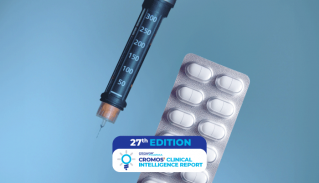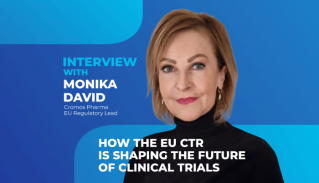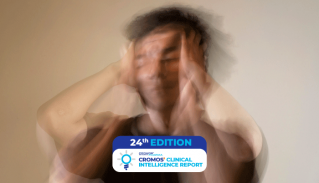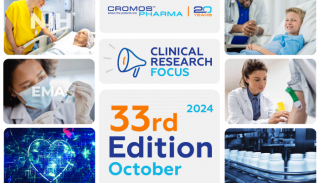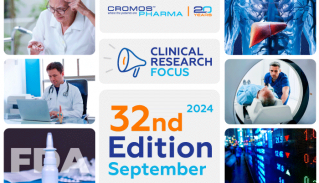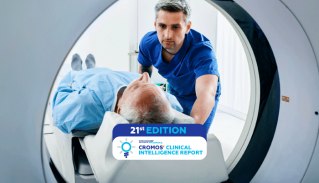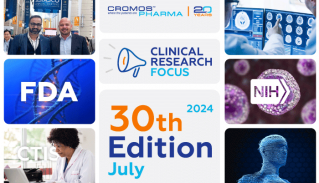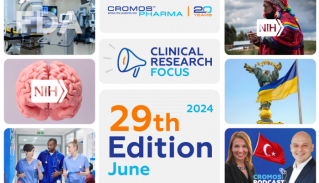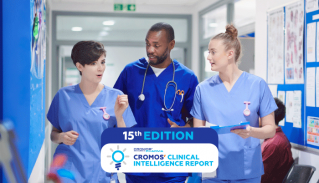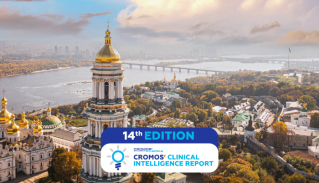Cromos Pharma supporting Psoriasis Awareness Month
August is Psoriasis Awareness Month. Psoriasis affects an estimated 125 million people worldwide. It is an immune system disorder in which white blood cells, known as T cells, mistakenly attack skin cells, which causes the skin-cell production process to go into overdrive. This results in a build-up of skin cells causing red, scaly patches on the skin. This manifestation is a sign of systematic inflammation and the condition has several comorbidities, including inflammatory bowel disease, arthritis, depression, cardiovascular disease and metabolic disease.
Five different types of psoriasis:
|
The exact cause of psoriasis is not known but research has found in those with a genetic predisposition for the disease, certain factors may trigger psoriasis. Common triggers include: infections (strep), weather (cold, dry conditions), injury to the skin, stress, smoking, heavy alcohol consumption, and certain medications.
At present, there is no cure for psoriasis but there are several classes of medications designed to treat psoriatic symptoms, including topical ( e.g. Corticosteroids, Vitamin D analogues, Calcineurin inhibitors and cold tar), light (Sunlight, UVB, Psoralen plus ultraviolet A), and systemic therapies (e.g. Cyclosporine and Methotrexate). In the last decade biologic drugs (e.g. etanercept (Enbrel), infliximab (Remicade), adalimumab (Humira), ustekinumab (Stelara)) have been developed for autoimmune disorders including psoriasis. These drugs have proven to be highly effective for those suffering with moderate to severe psoriasis. However, they are costly and not always covered by health insurers or national health systems. The development of biosimilars of these blockbuster drugs has the potential to dramatically reduce costs and increase access for the millions of individuals with psoriasis across the globe.
Cromos Pharma has a strong track record in managing clinical trials designed to find effective treatments for psoriasis and wide-ranging expertise in dermatology and rheumatology studies. Read our Psoriasis Case Study here.
Useful Links:
WHO global report on psoriasis (2016)


